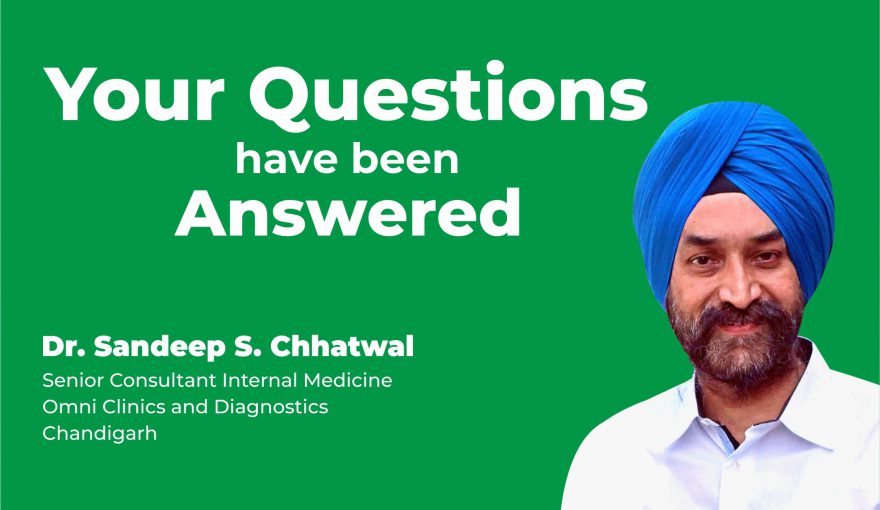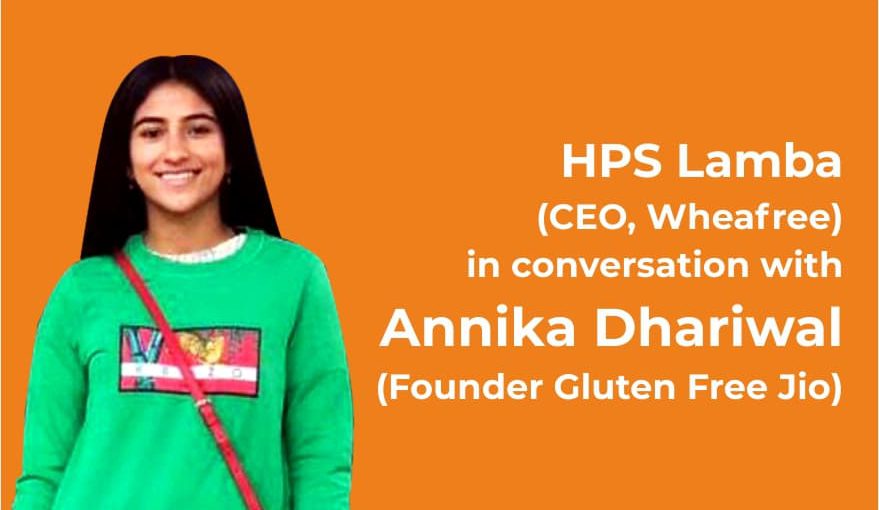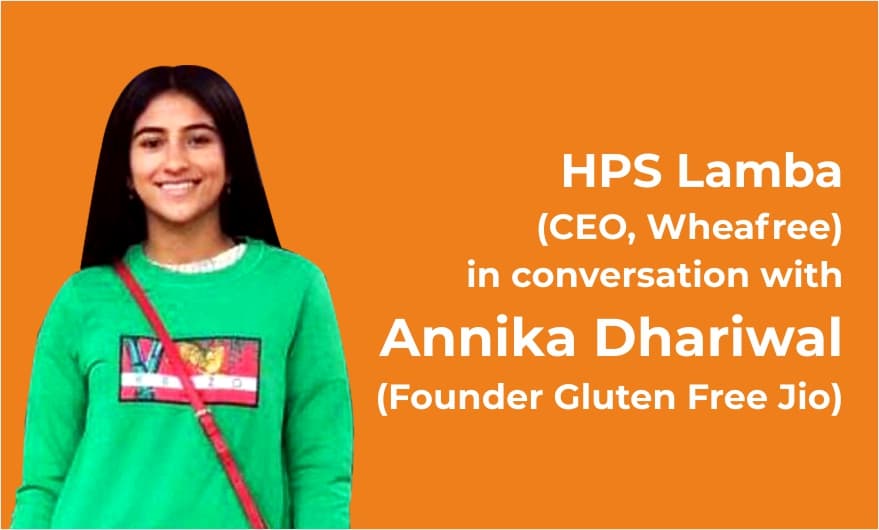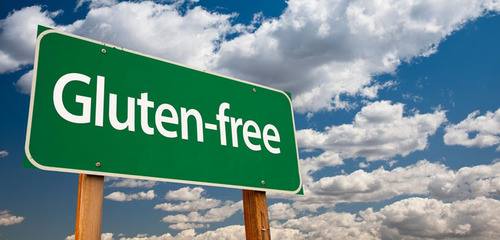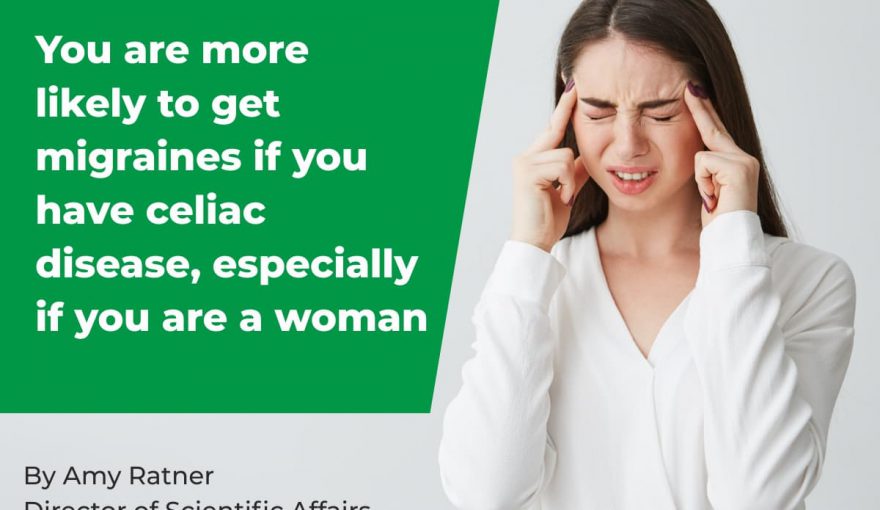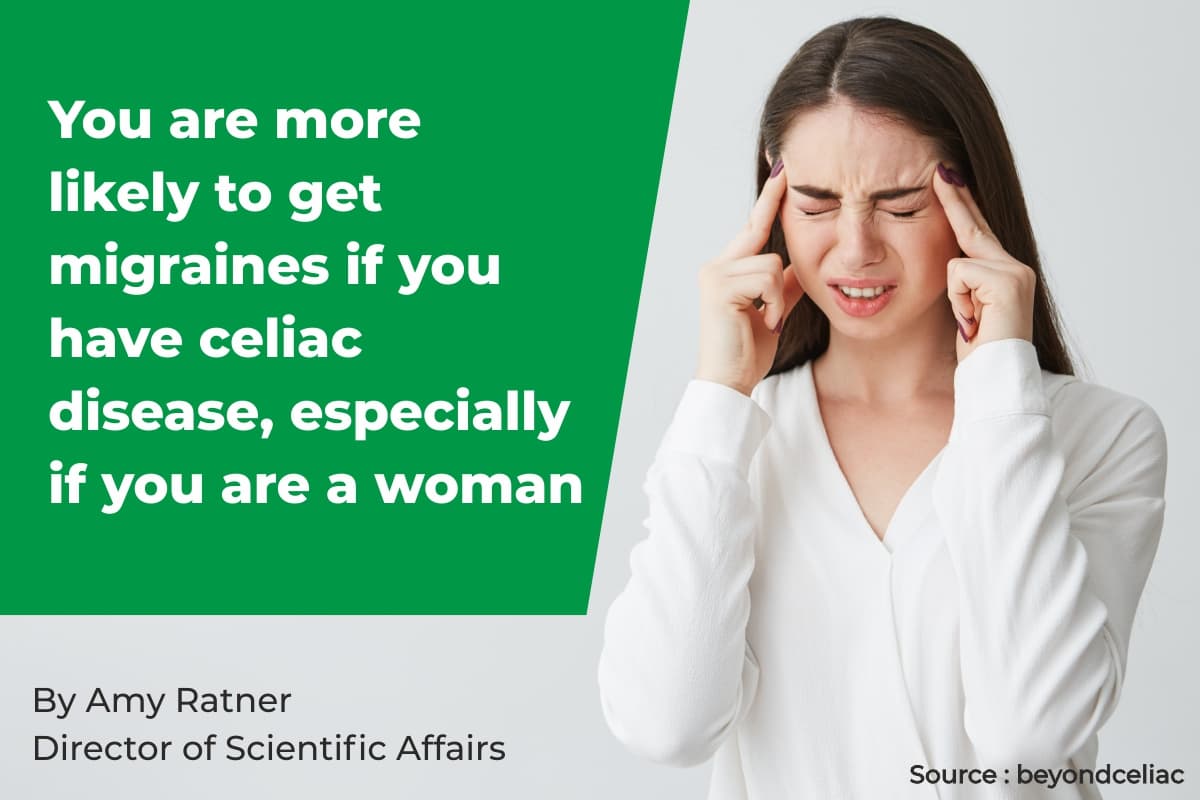Your Questions Answered By Our Experts
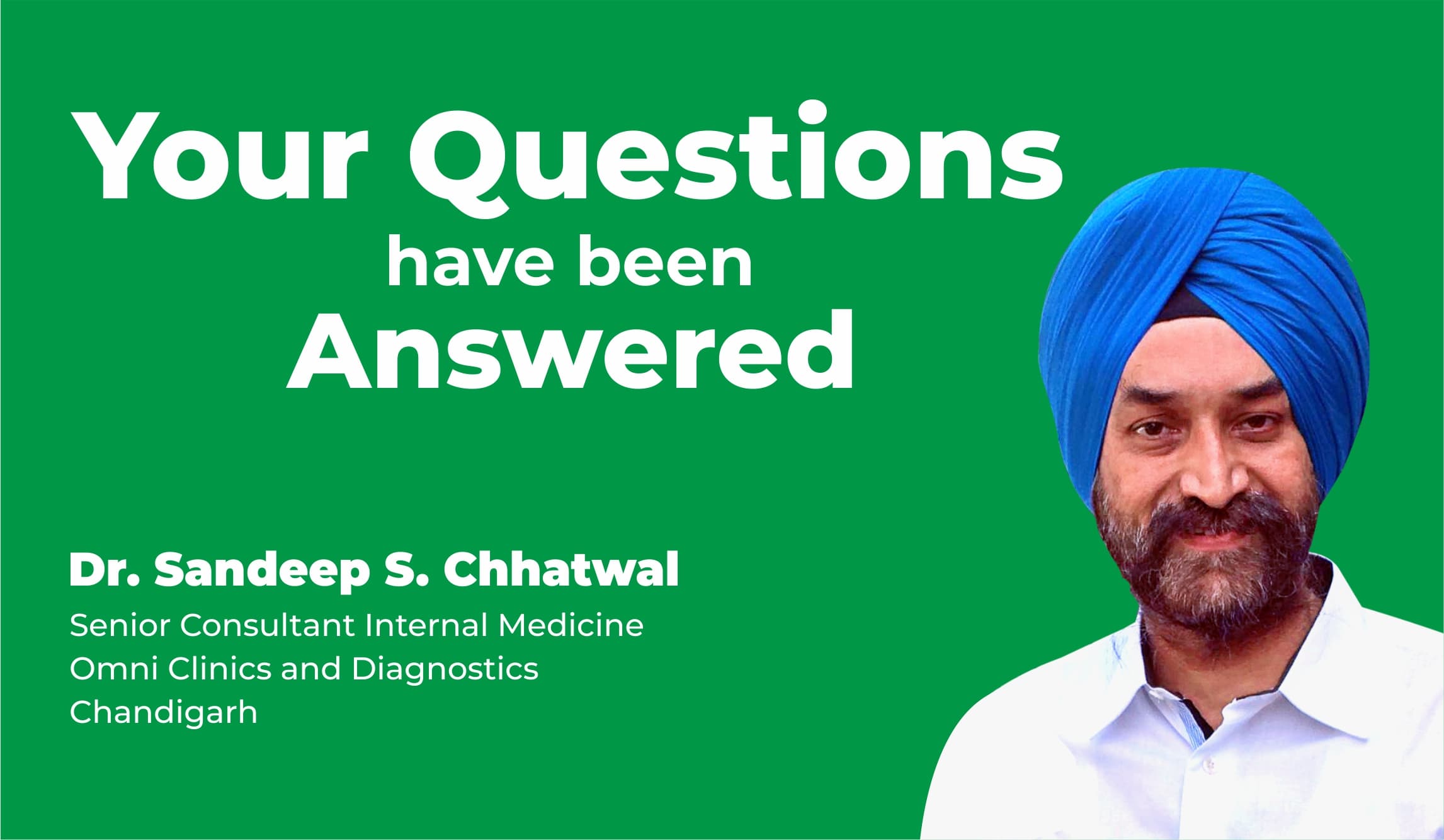
Question. Can a person with celiac disease face issues with menstruation/menstrual cycle?
Answer: Coeliac disease can have an impact on the menstrual cycle in many ways. Firstly, a young girl who is coeliac may have a delay in onset of periods (menarche). Secondly, periods may be irregular with variable flow and patients may have a higher incidence of dysmenorrhoea (painful periods). Lastly, celiacs remain fertile for shorter duration as they may have early menopause.
Question: “My son (age 15 years) is having celiac (last 7 years) at starting stage while eating gluten by mistake his body reacts with severe headache or stomach ache but now reactions is stopped….so can I think celiac diseases is cured? Just to know the level of celiac which test has to be done? Every year we have to test celiac?”
Answer: Not having reactions does not mean celiac disease is cured. Once a celiac…. always a celiac. One should regularly test for antibodies ( ttG IgA ) to check for exposure to gluten. Keep in mind that a negative test does not mean exposure is not happening or that your child has started tolerating gluten. Celiac disease is an autoimmune disease and can affect the body in more than one way.
Question: My daughter is celiac and facing problem of constipation. She is taking medicine on daily basis for the last 4 years.
Answer: Constipation can be a symptom of coeliac disease. This happens when the gut in coeliacs absorbs more moisture than it should.
What you should also know is that gluten free diet has less fiber. Build your child’s diet around fresh fruits, vegetables, salads and nuts Include gluten-free whole grains like quinoa, buckwheat, amaranth, millet and brown rice. Ensure that your child is drinking enough liquids. Increasing fiber intake without increasing fluid intake can actually make the situation worse.
Exercise should be a regular part of the daily routine.
Hypothyroidism is a common disease which causes constipation and is seen in coeliacs. Get your child’s thyroid profile done.
If your child continues to experience constipation then one needs to rule out other conditions that can occur along side celiac disease and trigger constipation. For this you need to talk to your treating doctor.
Question: Why doesn’t the gluten come zero on testing when there is no gluten like in Kissan ketchup and Bikano. To be more precise, Do the products of Wheafree or homemade completely gluten free products which are completely devoid of gluten also show such readings on testing like 2, 3, 1.5….ppm its confusing.
Answer: For testing one should use the accurate weight of the test sample as mentioned on the kit. Using a higher or lower quantity may give a false positive or negative result. It also depends on the method one uses for testing whether it is Lateral flow devices( LFD’s) vs ELISA which are beyond scope of this discussion.
As a thumb rule remember that if the test done accurately shows gluten <20 ppm, the product is safe for consumption.
Question: Hello sir I have been celiac since 2011 and it’s been 11 years and I have been taking gluten free diet. Recently, I have undergone ultrasound which shows that my gallbladder wall is thickening around 10.3 mm and a little bit of fatty liver. Please suggest what I can do to get this resolved.
Answer: Liver enzymes may increase in coeliac disease. There may be other diseases associated with coeliac disease. To start with get an LFT, GGT and ttGIgA tested. Get a Fibroscan liver done if it is available in your city. This would help get a more clear picture.
Follow up gall bladder thickening with a serial ultrasound every 6 months.
Question: My son 18 diagnosed celiac 10 yrs back. His ttg remains around 15-16.He is too skinny with lean bones .
How to increase his muscle mass and make bones stronger .(we are vegetarians)We strictly follow GF diet.
Answer: What is the cut off level of ttG for your lab? If ttG is higher than upper limit of normal think on lines of contamination or hidden gluten in his diet. Get him screened for iron and vitamin deficiencies. Get his sugar and thyroid profile tested . You should also see your doctor to rule out any other illness which may be associated with coeliac disease.
If all above is okay, see a qualified dietician to plan his diet.
We have got experts to help you with your doubts and queries related to celiac/gluten intolerance. It’s time to have your questions answered!
Our Expert:

Dr Sandeep S Chhatwal
Senior Consultant Internal Medicine
Omni Clinics and Diagnostics
SCO 343-345 / 34 A
Chandigarh
Dr Sandeep S Chhatwal is a Senior Consultant Internal Medicine and Managing Director of Omni Clinics and Diagnostics. With over 25 years of experience, he has special interest in Allergies, Diabetes, Geriatrics and Adolescent health disorders. He is a member of various Medical forums and is actively engaged in community workshops, training and awareness programmes. Dr Chhatwal is the founder and Managing Trustee of NGO Veeranwali foundation. The NGO touches more than 3000 underprivileged children a month in fields of education and healthcare through its flagship project Nanhi Jaan.
Dr Chhatwal is also a Coeliac and that helps him relate better with his coeliacs under his care.
